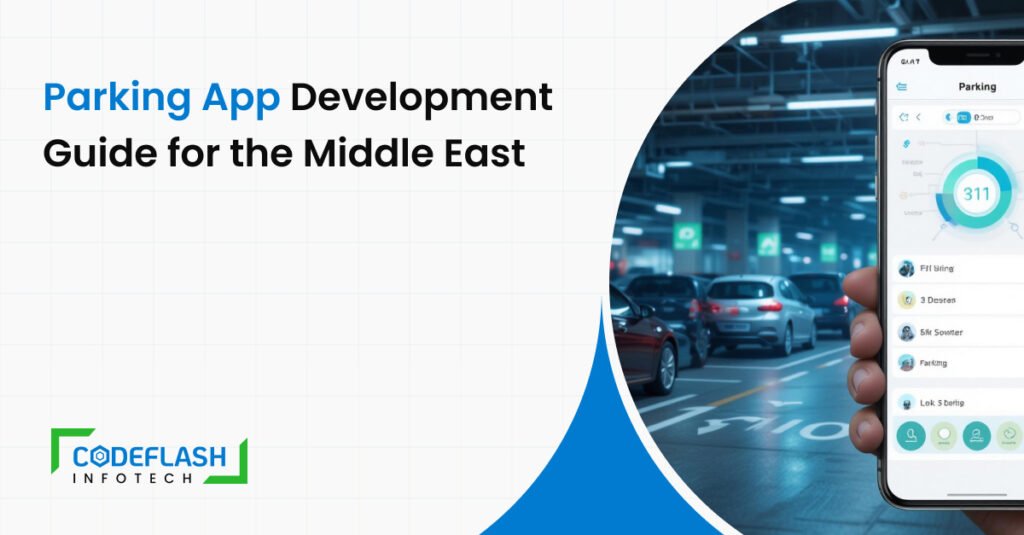
Mobile App Business Plan for Startups: Key Elements and Tips
10 DECEMBER
The process of launching a mobile app business is phenomenal and challenging at the same time and so, it is important to come up with strategic business plan that one will use in achieving the business goals. Regardless of whether you’re creating a new app to address a particular concern or fill a gap in the market, improve customer experience, or provide a new service, designing a mobile app business plan is the cornerstone of your startup. According to reports by Statista, the global mobile app market is estimated to reach $756 billion by 2027, at a CAGR of 8.58% during 2022-2027.
It is also useful in identifying the process and procedures that need to be followed in addition to property funding, attracting investors and shareholders and providing frameworks and reference to your team.
Here, you will learn how to create a successful business plan for your mobile app including the nature of your application, competition, business and marketing strategies and the procedure of creating your app.

How to Make a Mobile App Business Plan for Your Startup?
Follow the steps below:
1. Define Your App’s Vision and Purpose
It is crucial to determine the goals of your application before going deeper into app development and exploring the market environment.
Ask yourself:
What problem does my app solve?
Who will benefit from this app?
What makes my app unique compared to competitors?
2. Conduct Market Research
Understanding customer needs and accessing information on their needs is crucial in the development of a mobile app business plan. First, it assists in analysing the existing business environment and evaluating the market demand, defining clients or consumers and recognizing potential rivals.
Steps to Conduct Market Research:
Identify your target audience: Find out who your ideal users are—age, location, interests, and behaviors. It will be better if you will be more specific.
Analyze competitors: Check on other apps that exist in your particular category. What are their advantages and disadvantages? What will you bring to the table for them to select your services over the others that are out there?
Study market trends: Find out what is trending in the kind of applications that are being developed and if they fit into your concept note. Aspects such as, the current trends in monetization, new technologies and the changing customer trends should be taken into consideration.
Have questions or need more details? Email us now for personalized assistance.
3. Outline the App Development Process
Knowledge about the app development process is useful when preparing the business plan. While the specifics may vary based on the complexity of your app, every app development process generally involves the following stages:
a. Ideation and Conceptualization
When completing the ideation phase, you must postulate your app’s principal features and performances. Consider:
Platform selection: Based on your selected development approach, will your app be native (iOS or Android), hybrid or web-based?
Features and functionalities: What features would you set when creating the app to provide users? Consider the usability and the differentiation factors that you will incorporate in the app.
b. Design and Prototyping
Once you have the initial concept, it is time to make a design that will serve as the basis for your artwork. This also entails user interface (UI) and user experience (UX) design among other things. This is a preliminary model of the app developed to help a user understand how the application will function before it is even developed.
c. App Development and Testing
In this phase, you’ll hire an app developer (or a team) to start building your app. The development process is typically divided into:
Frontend development: The interface of the apps that the users can interact with particularly concerning the design of the application’s structure.
Backend development: The server-side processes that make the app run smoothly.
Quality assurance and testing: Testing your application is important to make sure that it functions to everyone’s expectations and without any faults.
d. Launch and Post-Launch
The next step, after the app has been built, is to launch it, and introduce it to the market. Before going live it is beneficial to make preparations for your app to perform well in the app store (App Store Optimization or ASO). Activities after the launch will be collecting feedback from users, fixing issues, and design update.
4. Business Model and Monetization Strategy
Your business model for the mobile app must also involve discussing how this app will generate income. The scenarios stated above may help you to identify the right business model you should use for the creation of the particular app depending upon its type and target clients.
Some common mobile app monetization strategies include:
Freemium model: Let users download an application free of charge with an option to purchase upgraded version with extra benefits.
Subscription model: Charging users a recurring fee for continued access to premium content or features.
In-app purchases: Allowing users to purchase virtual goods or services within the app.
Ads: Having advertisements within the user interface of your app and receiving pay per view or pay per click basis.
5. Marketing Strategy
Marketing is also an important reason for the development of a powerful traffic attracting system and high rates of users’ engagement. Here it is important to underline that the success of your app is based on the market promotion before and after the launch. Here’s how to incorporate a marketing plan into your mobile app business plan:
Pre-launch marketing: Make hype before the launch of your app. This means that it is possible to make a landing page, get social media and then send emails to those who show an interest in using the website.
App Store Optimization (ASO): Make sure you app has a good and relevant title, descriptions, and graphics that are good enough to help the app to be easily found in the store. Good comments and ratings are also another way through which the visibility might be enhanced.
Post-launch marketing: Once the app has launched, continue to work on digital advertising marketing (Google Ads, Facebook Ads), influencer marketing and partnerships with other related or big brand and app.
Explore our portfolio to see successful apps we’ve helped create—get inspired today!
6. Hire an App Developer or App Development Company
When it comes to building your app, one of the most important decisions you’ll make is whether to hire an app developer or work with an app development company.
Hire an app developer: If you have a specific technical skill set in mind, or if your app idea is straightforward, you might want to hire app developer. A freelance developer can often be a more affordable option.
App development company: If your app is more complex or requires specialized skills (for example, integration with APIs, complex user interfaces, etc.), working with an experienced app development company can save you time and ensure high-quality results.
7. Financial Plan
Your financial plan will outline the estimated costs associated with developing, launching, and maintaining your app. It should include:
Development costs: This includes hiring developers, designers, and quality assurance testers.
Marketing expenses: Budget for pre-launch, launch, and post-launch marketing efforts.
Operational costs: Server costs, customer support, and updates/maintenance.
Conclusion
Creating a mobile app business plan is a crucial first step in bringing your app idea to life. A well-crafted plan will guide you through every stage of app development—from ideation to marketing and post-launch. By thoroughly defining your app’s purpose, conducting market research, understanding the development process, and choosing the right monetization strategy, you’ll set yourself up for success. If you’re unsure about any aspect of the app development process, consider working with a mobile app development company to ensure the best possible outcome.
Contact Us today to start building your mobile app business plan and bring your idea to life!
Frequently Asked Questions
A mobile app business plan is a detailed roadmap outlining the vision, development process, target audience, monetization strategies, and marketing plan for your app. It serves as a guide for building, launching, and scaling your app.5
Market research helps you understand your target audience, analyze competitors, and identify market trends. This knowledge is essential for building an app that meets user needs and stands out from competitors.
Look for a company with experience in your app’s niche, proven development skills, and a solid portfolio. Codeflash Infotech is a trusted name, offering expertise in custom app development while ensuring your vision, timeline, and budget are prioritized.
Popular models include freemium (free with optional paid upgrades), subscription-based, in-app purchases, and ads. Choose the one that best suits your app’s functionality and user behavior.
Test your app throughout development using beta testers to find and fix bugs. Perform user testing to evaluate the experience and ensure the app functions as intended on different devices and platforms.





